
First off, my usual disclaimer and explanation.
This list is not meant to assess the thousands of good books published in the past year. This is simply a list of the books—Christian and non-Christian, but all non-fiction—that I thought were the best in the past year. “Best” doesn’t mean I agreed with everything in them; it means I found these books a strong combination of thoughtful, useful, helpful, insightful, and challenging. Undoubtedly, the list each year reflects my own interests and tends to be heavy on history and theology.
Instead of trying to rank the books 1-10 (always a somewhat arbitrary task), I’ll simply list them in alphabetical order by the author’s last name.
Matthew Barrett (editor), On Classical Trinitarianism: Retrieving the Nicene Doctrine of the Triune God (IVP Academic)
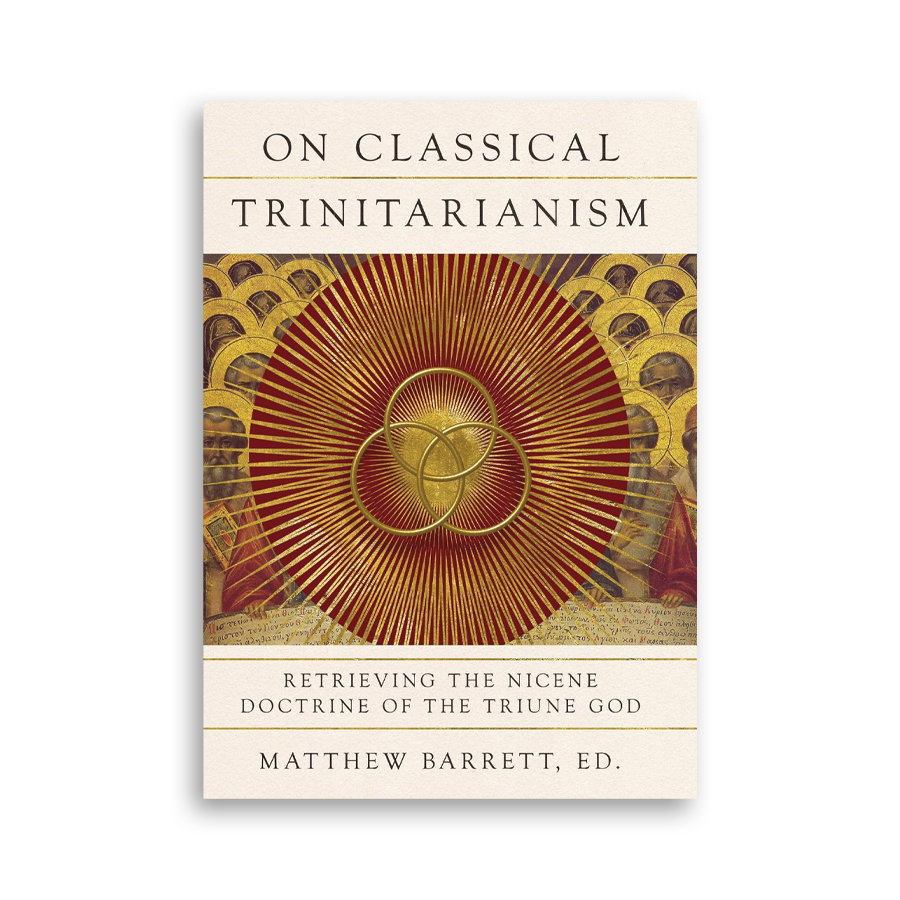
With nearly 800 pages of oversized, double column pages, this book is not for the faint of heart. But as a reference volume defining and defending the classic doctrine of the Trinity, this is an extremely helpful collection of essays. It’s great to have in one place learned chapters on everything from aseity, simplicity, and impassibility to the procession of the Spirit and a critique of social trinitarianism.

James Montgomery Boice, Two Cities, Two Loves: Christian Responsibility in a Crumbling Culture (P&R Publishing)

First issued in 1996, this re-released edition includes a new preface by Linda Boice. As you would expect from Boice (1938–2000), this book contains a series of thoughtful, accessible expositions. More than that, though, Boice’s take on cultural engagement (admittedly dated in places) cuts across party lines and sounds a surprisingly relevant note almost three decades later.

Brian A. DeVries, You Will Be My Witnesses: Theology for God’s Church Serving in God’s Mission (Crossway)
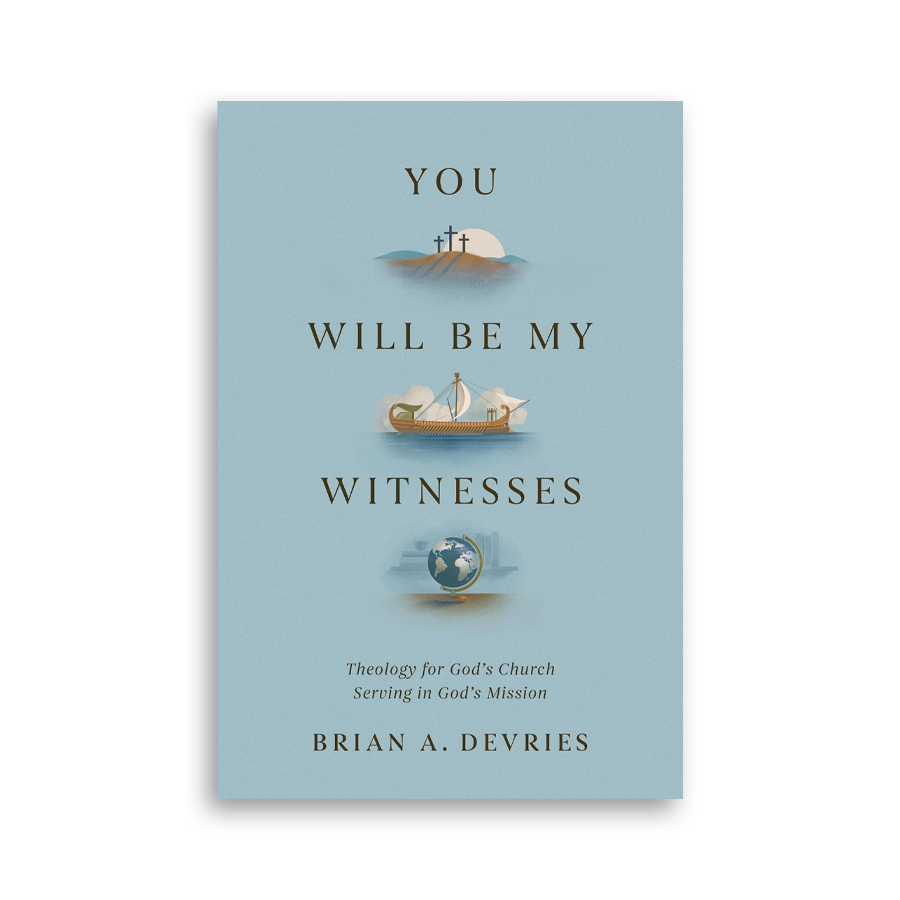
By arguing that “bearing witness” is both the central aspect of the church’s mission and the identity of God’s people, DeVries—a church planter and seminary president in South Africa—helps correct a number of mistaken notions about mission and open up new avenues for embracing our own calling as witnesses. This book is a tremendous resource: clear, confessional, biblical, hopeful, inspiring, and practical.

Alex DiPrima, Spurgeon: A Life (Reformation Heritage Books)
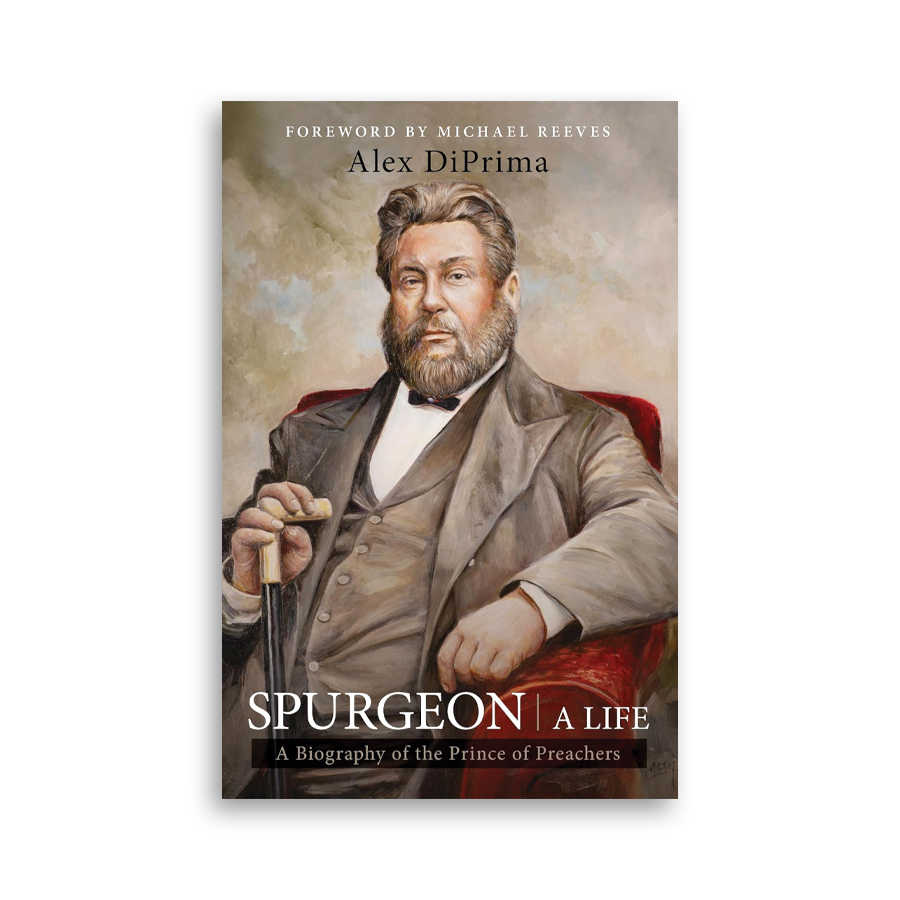
The older I get (and the fewer years I have left!), the more I appreciate shorter biographies. Of course, Spurgeon also deserves a massive biography (and those have been written), but this new entry from pastor and historian Alex DiPrima, does a remarkable job of being relatively concise (under 300 pages) without merely repeating what longer books have said. DiPrima, who did his doctoral work on Spurgeon, uses new source material to present an up-to-date, yet timeless, portrait of the Prince of Preachers.

Carlos Eire, They Flew: A History of the Impossible (Yale University Press)
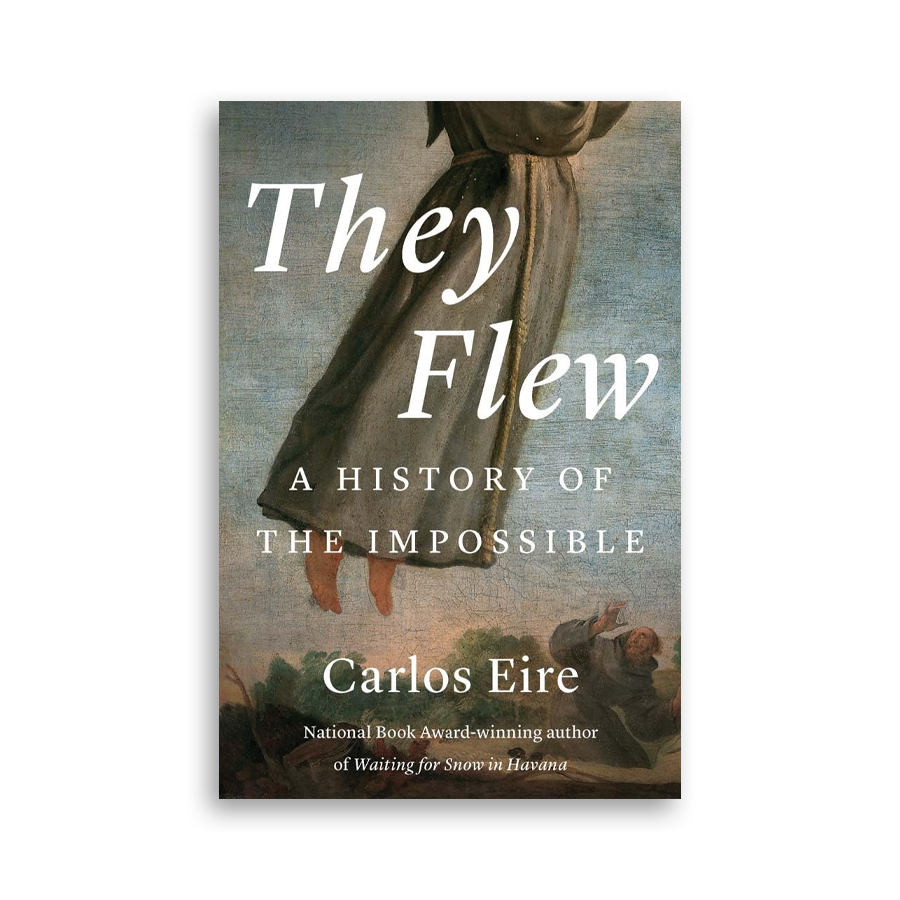
You might not expect a Yale history professor to write an academic book about levitation and bilocation. Even more surprising, you wouldn’t expect such a book to lean in the direction of concluding that these supernatural events may have really happened. While I don’t think Eire presents early modern Protestants fairly, the underlying premise of the book is fascinating. Without deciding one way or another whether people can float and be in two places at the same time, Eire presents undeniable evidence that many, many people in the past believed they were witnesses to these things. Eire argues that at the very least we should question our own assumptions about what is possible as much as we question the assumptions people made in the past.

David Gibson and Jonathan Gibson (editors), Ruined Sinners to Reclaim: Sin and Depravity in Historical, Biblical, Theological, and Pastoral Perspective (Crossway)
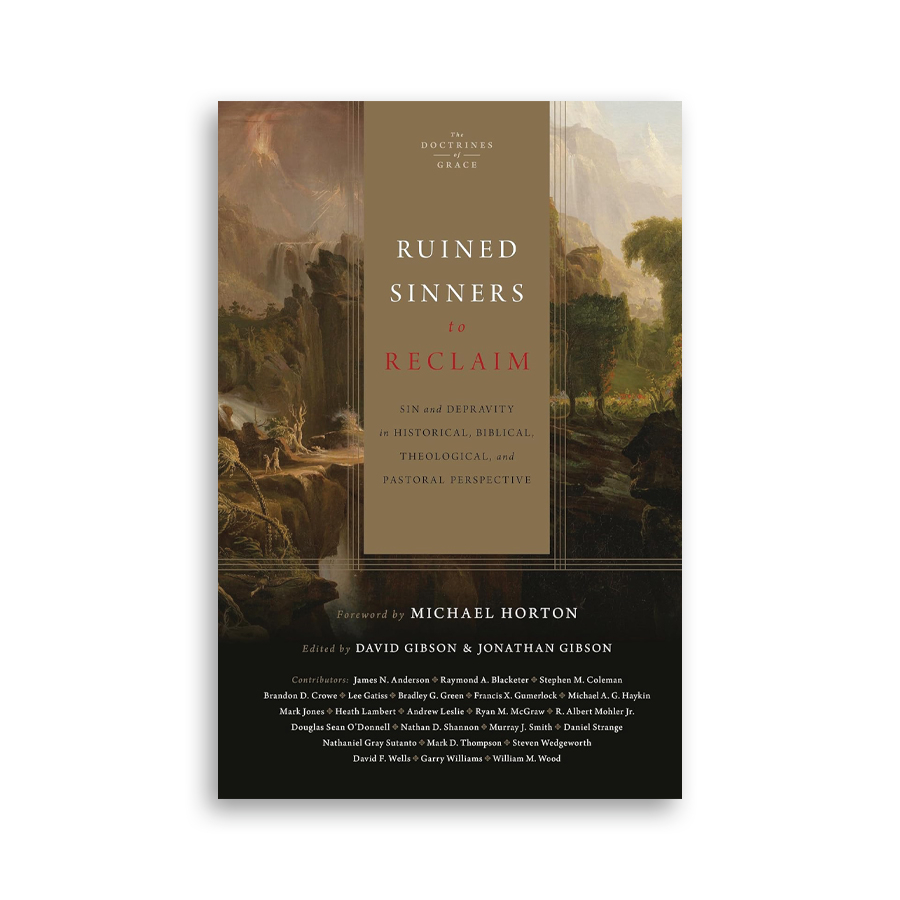
Do we really need a 1,000-page book on total depravity? Well, actually, we do. Even a quick glance at the thirty chapter titles demonstrates that there is a lot to say about this core doctrine of the faith. I especially appreciated the chapters on sin in the Pauline epistles (J. Gibson), on concupiscence (Wedgeworth), on the sinlessness of Christ (Jones), on the impact of secularization (Wells), and on a plea for more elenctic theology (Strange).

Erik Larson, The Demon of Unrest: A Saga of Hubris, Heartbreak, and Heroism at the Dawn of the Civil War (Crown)
With dozens of mostly short chapters, this book moves quickly and reads briskly. Even if you think you know Civil War history well, you will learn new things and be entertained—sometimes inspired and sometimes horrified—by stories you’ve never heard. Few authors do narrative history as well as Erik Larson.
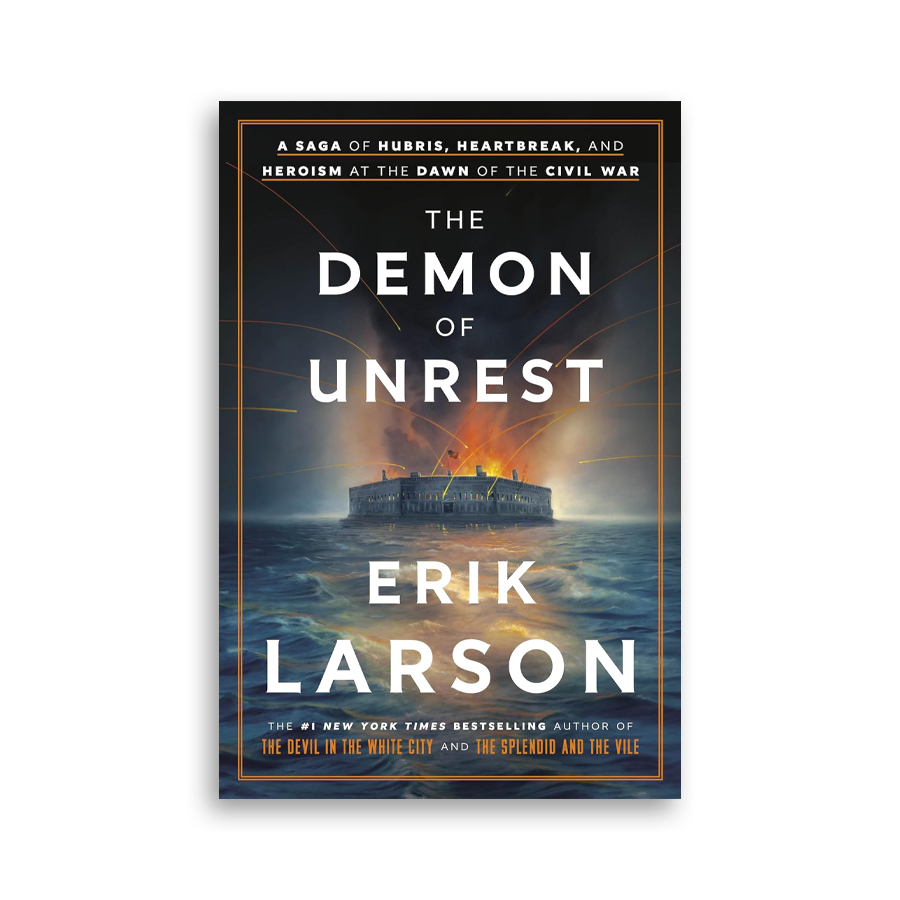

L. Michael Morales, Numbers 1-19 (Apollos)
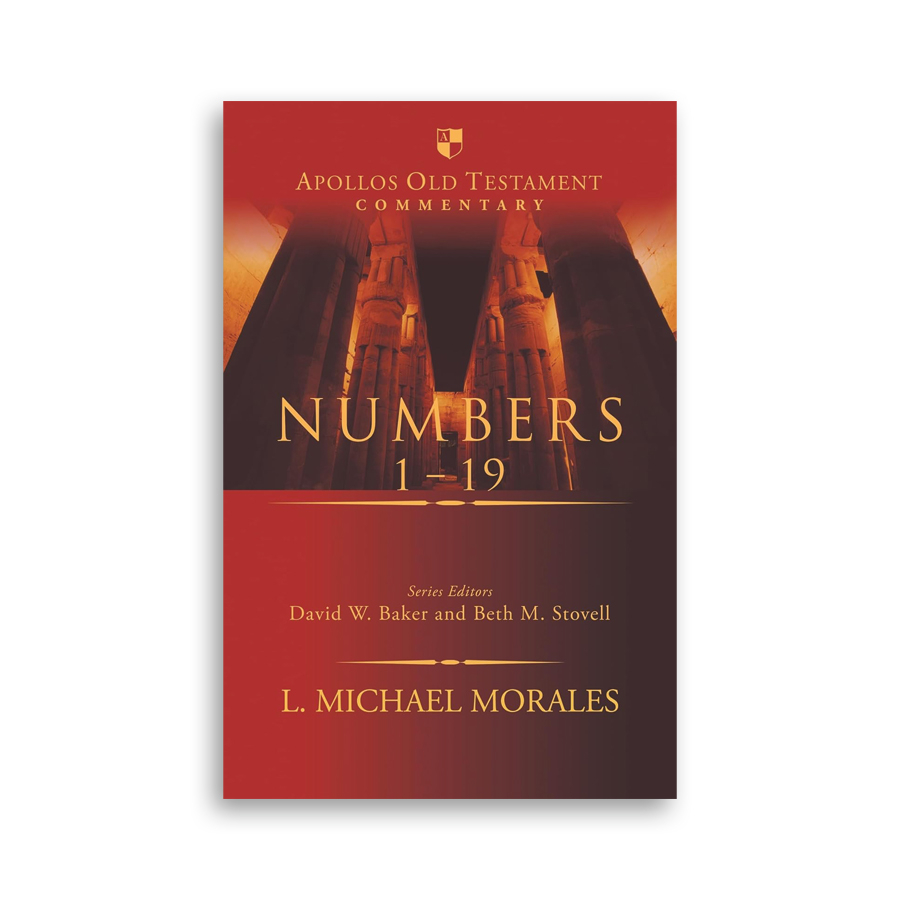
I don’t usually put commentaries on my best books list, but I’ve been waiting for this volume for some time (and I’m eager to get the second volume when it releases next month). I found Morales very helpful on Leviticus, and I am eager to use this book more fully whenever I get to Numbers. This is the sort of comprehensive, theologically rich commentary that makes a preacher want to preach this book of the Bible sooner rather than later.

Harrison Perkins, Reformed Covenant Theology: A Systematic Introduction (Lexham Academic)
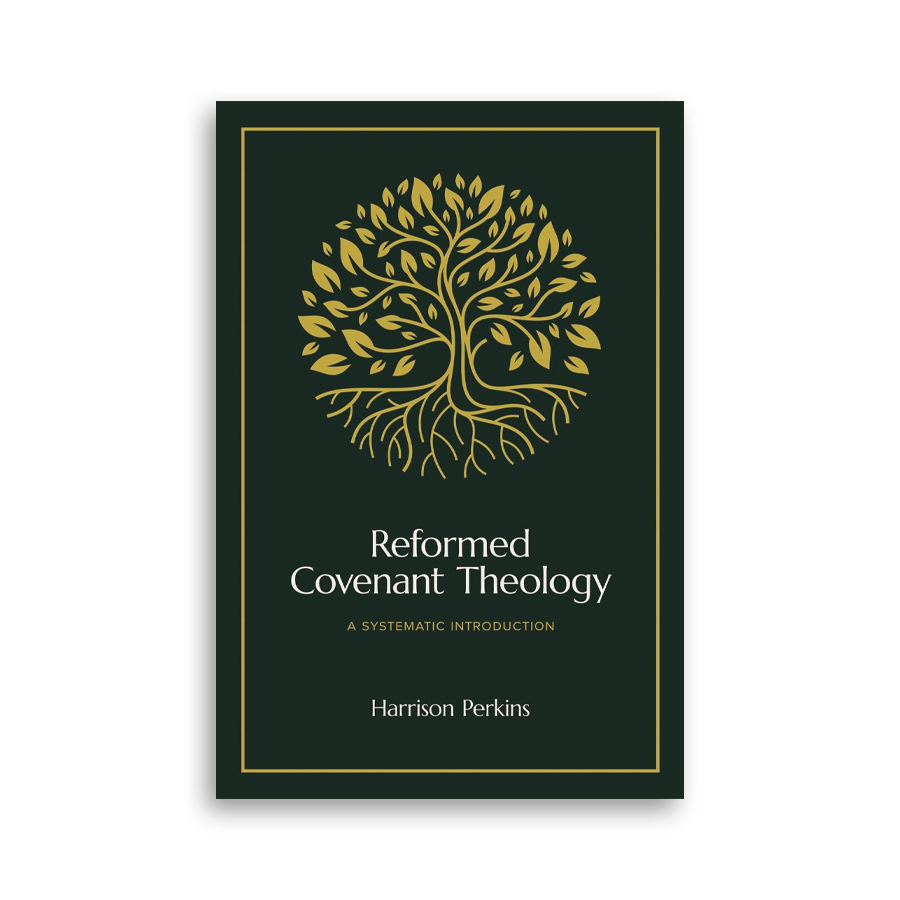
In recent years, we’ve seen several excellent books on covenant theology. This new one from Harrison Perkins—an OPC pastor and part-time systematics professor—is unique in that it approaches the topic as systematic theology rather than mainly as biblical or exegetical theology (both approaches have their place). Perkins is an excellent young scholar-pastor, and this volume should serve as a valuable textbook for pastors and students for many years.

Brad Wilcox, Get Married: Why Americans Must Defy the Elites, Forge Strong Families, and Save Civilization (Broadside)
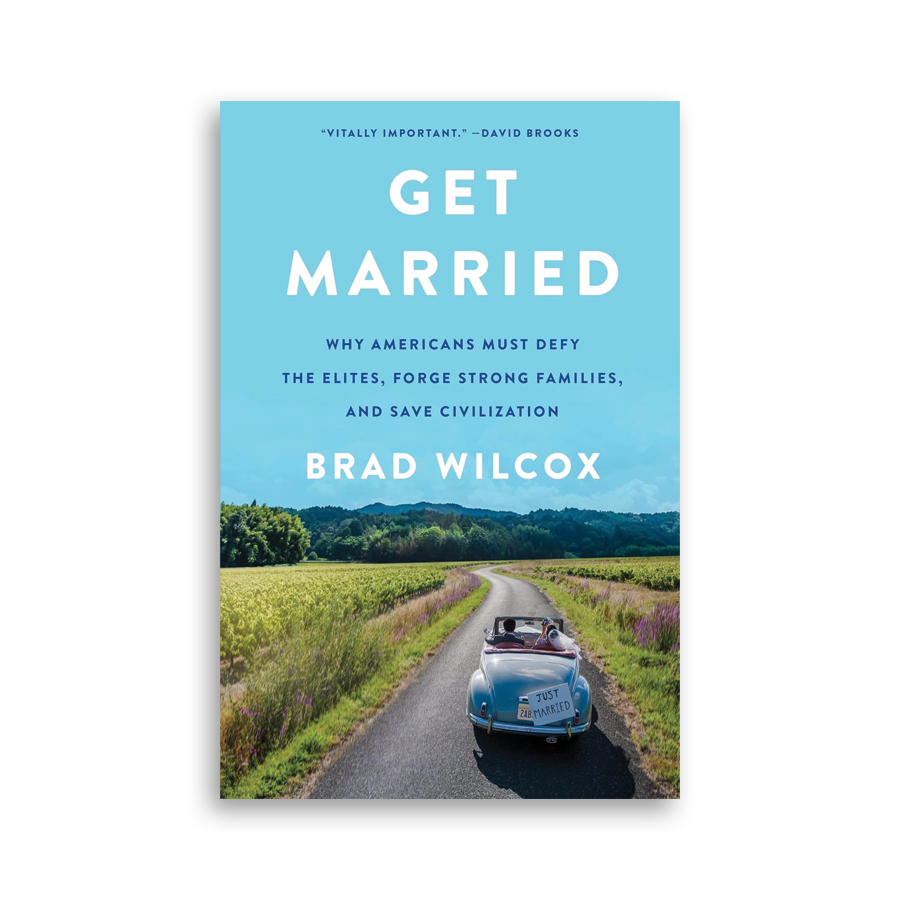
The title and subtitle tell you what you need to know. Wilcox (professor of sociology at the University of Virginia and the director of the National Marriage Project) is one of the leading voices championing the massive personal and cultural benefits of marriage. This book is a needed wake-up call for the growing number of Americans who think marriage can be safely delayed for years or should be avoided altogether. It’s not an overstatement to say that the fate of Western Civilization depends on men and women getting married, having children, raising those children, and staying married.

Honorable Mentions:
Every year, we read two books (one in the spring and one in the fall) as a church staff. We enjoyed this year’s books as much as any two I can remember: Samuel James, Digital Liturgies (Crossway, 2023) and C.S. Lewis, Till We Have Faces (HarperCollins, 1956). On a personal level, the book I found most inspiring, convicting, and encouraging throughout the past year has been: Pastoral Theology (1877) by Thomas Murphy (longtime pastor of Frankford Presbyterian Church in Philadelphia). The book is out of print but reprint versions can be found on Amazon.
Kevin DeYoung is the senior pastor at Christ Covenant Church (PCA) in Matthews, North Carolina and associate professor of systematic theology at Reformed Theological Seminary.



